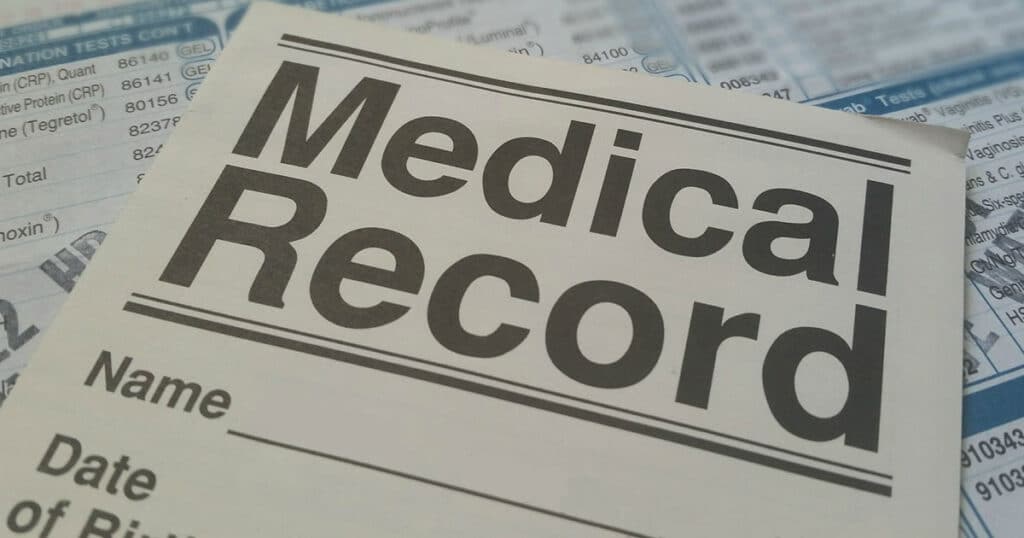Does Diabetes Qualify for Monthly SSDI Disability Benefits?
Home » Applying for SSDI » Medical Conditions, Listed Impairments & SSDI » Does Diabetes Qualify for Monthly SSDI Disability Benefits?
Diabetes is a disease in which the body cannot properly process and absorb glucose (sugar) because of insufficient insulin production or because of insulin resistance. There are several different varieties of diabetes, including Type I, Type II, Type III, and gestational.
Type I diabetes, also known as Diabetes Mellitus, usually begins early in life. This generally means that the pancreas is unable to produce enough insulin to process the blood glucose. It can sometimes happen as a result of injury or disease that affects the pancreas. Patients with Type I diabetes need insulin, because their bodies do not produce sufficient insulin.
Type II diabetes (also sometimes referred to as “adult-onset diabetes”) usually onsets later in life, and is sometimes treated with oral medications and diet changes instead of insulin injections, depending on the case and severity. Still, many people with Type II diabetes also require insulin injections. It is critical that patients with any type of diabetes, including Type II diabetes, follow their doctor’s instructions regarding treatment, whether their medication is taken orally or through injection.
Type III diabetes refers to an insulin processing resistance in the brain (and some scientists think it may be related to Alzheimer’s Disease). Gestational diabetes is often temporary as it often only lasts during pregnancy for women who develop it. All types of diabetes can be life-threatening.
At least 100 million adults in the US are living with prediabetes or diabetes today. Diabetes is the leading source of amputations, blindness, heart failure and stroke, according to the Diabetes Research Institute.
Diabetes Symptoms, Treatments and Prevention
The primary symptoms of diabetes will vary in each person, however they will remain similar, including a high frequency of urination, blurry vision, excessive thirst, patches of dark skin, always feeling hungry, fatigue or exhaustion, tingling in hands or feet and more.
Many diabetics suffer from neuropathy (nerve damage), most commonly affecting the hands and feet. Diabetes can also cause severe complications in the eyes, including retinopathy, glaucoma, cataracts, and blurry vision. Diabetics often have a harder time healing from infection or skin lacerations because of blood sugar levels. Also, if a diabetic patient has neuropathy, they may not notice an injury, especially to the foot, as early as other people might. These factors make diabetic individuals vulnerable to serious infections which can lead to amputation and other severe complications. Those with diabetes are also at an increased risk for kidney disease, ketoacidosis, high blood pressure, and stroke.
Does Diabetes Qualify Me for Disability Benefits?
Diabetes is discussed in the Social Security Administration’s “Blue Book” listing of disabling conditions, in Section 9 (Endocrine) under paragraph 9.B5 (Diabetes mellitus and other pancreatic gland disorders).
A diagnosis of diabetes will not necessarily qualify a person for SSDI benefits, but any of its complications may very well cause a person to be eligible for SSDI. But complications such as:
- neuropathy
- retinopathy
- ketoacidosis
- diabetic kidney disease
- peripheral vascular disease
- coronary artery disease
- cognitive impairments
- chronic hyperglycemia
- chronic hypoglycemia
- and high blood pressure
among many other complications, are all considered in a disability claim for diabetes.
At the end of the day, what the SSA generally cares about most is whether or not your diabetes meets certain requirements, including:
- That it rises to the level of a “severe impairment”, meaning it impacts your ability to do work;
- That it, combined with any other impairments you may have, prevent you from sustaining work;
- That it has affected you, or is expected to affect you, for at least one year (or to result in death).
If that is the case, then you may very well qualify for monthly disability benefits.
Next Steps
If you or a loved one have Diabetes and are considering a claim for disability benefits, we recommend you read our articles about the process of applying for SSDI and the way the Social Security Administration uses their Sequential Evaluation Process to determine disability.
This article is presented for general information purposes only. Nothing in this article should be taken as medical advice. Medical decisions (including whether to start, stop, or modify any treatment plan) are extremely important and should always be made with the advice and counsel of a qualified medical professional.

Linda Cosme formerly served as a Member of the Appeals Council (AC) for the Social Security Administration (SSA), and Program Expert for the Social Security Administration and Disability Quality Branch (DQB). Ms. Cosme also served as a Quality Assurance (QA) Reviewer, Initial Disability Examiner, Reconsideration Disability Examiner, and Continuing Disability Examiner (CDR) for the Disability Determination Services (DDS). She is admitted to practice law in Arizona, Georgia, and the United States Ninth Circuit Court of Appeals.
It is easy to get started.
It is easy to get started. No upfront costs – You only pay if we win!
Oops! We could not locate your form.









